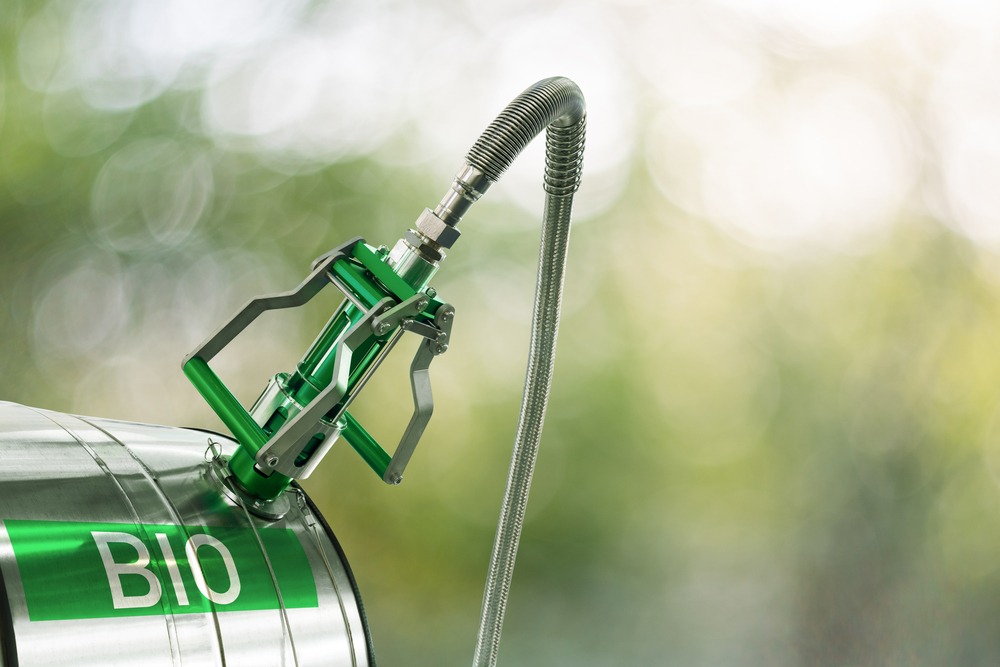With support from the Latin American Energy Organization (OLADE) and the U.S. Grains Council, IICA will deliver training to 400 people on liquid biofuels and their role in the energy and climate transition in the Americas

San Jose, 13 February 2024- (IICA). With support from the Latin American Energy Organization (OLADE) and the U.S. Grains Council, the Inter-American Institute for Cooperation on Agriculture (IICA) launched a virtual course that will provide more than 400 people with training on liquid biofuels and their leading role in the energy and climate transition in Latin America and the Caribbean.
Entitled “Liquid biofuels in the energy and climate transition: Development of policies and new technologies”, the course will deliver training to government technicians and decision-makers involved in the design and implementation of policies on this topic in countries throughout the region.
The six modules of the training course will strengthen participants’ knowledge of the current status of biofuels, their role in decarbonization, the latest trends in technology, sustainable aviation fuels and best practices in the development of relevant standards and public policies.
Participating in the launch event were Marri Tejada, the U.S. Grains Council’s Regional Director in Latin America; Andrés Rebolledo, Executive Secretary of OLADE; and Manuel Otero, Director General of IICA.
Tejada emphasized that the course is designed to broaden participants’ knowledge of liquid biofuels, which currently afford a wide range of opportunities for growth. It will also prepare them to design and discuss public policies on that topic.
“We hope to continue providing support and driving progress in areas such as food security, energy security and market development. We believe that biofuels will be key to overcoming challenges associated with climate change and energy security”, said Tejada.
Andrés Rebolledo mentioned that the course represents the organizing institutions’ common interest in facilitating training for Latin American and Caribbean countries that are members of OLADE.
“Sharing our knowledge of biofuels through this training platform enables us to play an active role in countries’ energy agenda for economic development. We are looking ahead to 50 years in search of carbon neutrality, and liquid biofuels will play a key role in the energy transition”, he explained.
Manuel Otero, Director General of IICA, emphasized the fact that the energy transition, climate change, agrifood systems transformation and the stakeholders involved in these processes play a key role in achieving positive results with respect to the use of liquid biofuels in the Americas.
“Having participants from more than 10 countries in Latin America and the Caribbean demonstrates the current importance of biofuels. That way, our region can not only focus on generating well-being and growth in the future, but in the present as well”, remarked Otero.
Registration for the course has now closed, and more than 400 applicants have already begun their training.
More information:
Institutional Communication Division.
comunicacion.institucional@iica.int